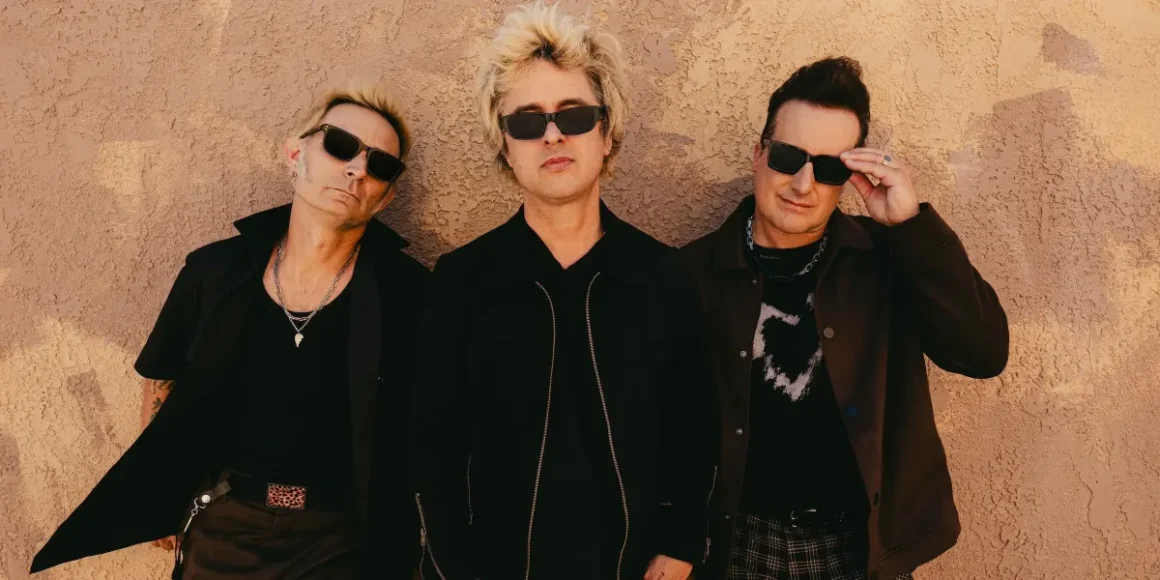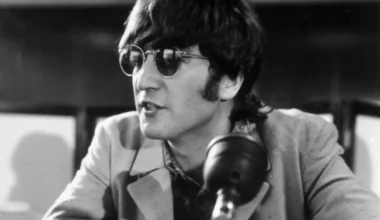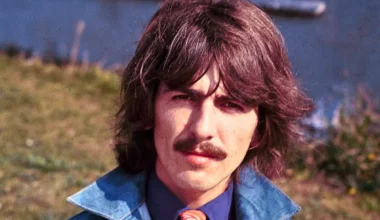In the punk community, a significant taboo revolves around the notion of “selling out”. While artists often aspire to reach a wider audience, many fans are quick to label them as corporate sellouts if they decide to sign with a major record label and extend their reach beyond the local scene. Green Day, despite their inevitable evolution beyond the California punk scene, found themselves burdened by the success of “Dookie” when they came back home.
Originating in the underground scene, the band primarily produced its music with the assistance of independent label Lookout Records. It is also home to other well-known bands from Northern California, such as Operation Ivy. When songs like “When I Come Around” and “Longview” started to play on the radio, Green Day was treated like the neighborhood’s outcasts. Even though 924 Gilman Street served as the scene’s epicentre of punk squalor.
The Gilman Street venue banned the band from performing there again until the 2010s. Many of the band’s core fans viewed this as the ideal opportunity to profit and conform to the mainstream. But Billie Joe Armstrong turned all of his anger into his music when he finally got around to recording the next album.
Insomniac, who was treated like Dookie but with a bad attitude, turned out to be one of the band’s most intense endeavours. He produced songs that expressed their annoyance at not being able to connect with a core fan base. Armstrong added a new song that expressed their feelings about their former fans. Even though the majority of the songs dealt with the same fundamental subjects as their major label debut.
The album’s halfway point, “86,” sounds like the same kiss-off song that Armstrong could have penned in his sleep. Armstrong wrote about showing someone the door after they betrayed you, which had a lot in common with their situation. Armstrong had written millions of songs similar to this for songs like “Chump” and “Geek Stink Breath”.
This song frames as a dialogue between the main character and an old friend. It adopts the viewpoint of every young person who grew up idolising Green Day during their club days. Armstrong warns the band not to show their faces in their former neighbourhoods again. And sings about a punk who never has time for the band anymore, rather than being happy about the group’s success.
Seeing video of the band playing the song makes the hostility evident. Their performance of the song on David Letterman’s show is notably intense. Armstrong, during the performance, seems on the verge of setting aside his guitar and confronting anyone who dares to label him a sellout. This is a departure from the classic venom he used to unleash during his prime.
The band’s next album, Nimrod, showed them purposefully going against the grain. This includes songs like “Good Riddance (Time of Your Life)” without worrying if they fit into the punk aesthetic. Even though they were unable to outrun the pinup punk label. Green Day possibly maintained their core values. But they chose to leave their original neighbourhood behind in order to broaden their musical horizons.








